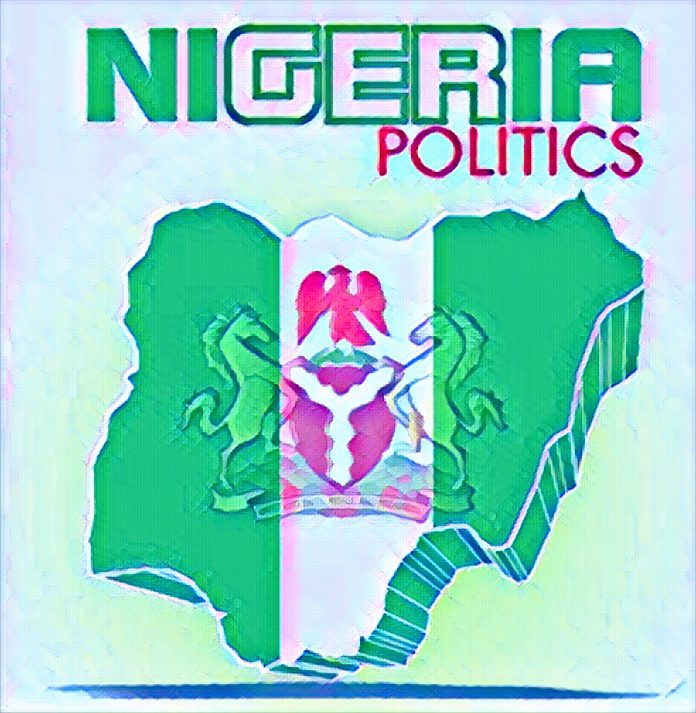KEY POINTS
-
Nigerian celebrities from Nollywood and the music industry are increasingly influencing political campaigns, running for office, and mobilising youth participation.
-
While some view this as a refreshing alternative to career politicians, others question celebrities’ governance experience and motives.
-
With social media amplifying their reach, entertainers are reshaping political engagement, blurring the line between fame and public service.
In a country where film stars are worshipped almost as much as political leaders, the convergence of Nollywood and Nigerian politics has evolved from a fringe curiosity to a strategic force in national elections.
Once limited to occasional endorsements or jingles, celebrities now play central roles in campaigns, shape political discourse, and in some cases, win elected office.
As Nigeria approaches its next general elections, the influence of film and music personalities on political outcomes has become both undeniable and controversial.
The trend gained widespread attention in recent years when a growing number of Nollywood actors, musicians, and influencers began endorsing political candidates or running for office themselves.
The rise of social media has only amplified their voices, allowing them to bypass traditional media and connect directly with millions of young Nigerians—many of whom trust celebrities more than political institutions.
“We’ve always had entertainers endorse politicians,” said Ejiro Maduka, a political communications analyst based in Abuja. “What’s new is that these celebrities are now political players in their own right, shaping voter preferences, mobilising youth, and sometimes even redefining political messaging.”
From endorsements to ballots—Nollywood’s transition to political power
In 2023, actor and filmmaker Desmond Elliot won re-election to the Lagos State House of Assembly, while entertainers like Banky W and Funke Akindele drew massive public attention when they contested seats under major party banners.
While not all were successful, their campaigns sparked debates across the country about celebrity influence, competence, and the politicisation of fame.
Critics argue that stardom does not translate to good governance. “Just because someone can act or sing doesn’t mean they understand legislation or policy,” said civil society advocate Fola Adeoye. “What we need are servant leaders, not social media influencers seeking the next platform.”
But supporters disagree. They see celebrities as a breath of fresh air in a political space long dominated by career politicians with questionable track records. “At least these people have public trust and have built something from the ground up,” said one voter in Lagos. “They can’t be worse than the ones who’ve ruled for decades.”
A significant driver of this shift is Nigeria’s youthful demographic—over 70% of the population is under 30, and many young people are disengaged from traditional politics. Celebrities speak their language, share their frustrations, and inspire civic participation through campaigns, concerts, and digital activism.
In the last election cycle, influencers used platforms like Instagram and X (formerly Twitter) to push voter registration drives, discuss policy issues, and pressure candidates on matters such as police reform, education, and unemployment. These efforts, amplified by millions of followers, have proven more effective in some cases than conventional outreach by political parties.
“Celebrities are not just endorsing politicians—they’re becoming vessels of political education and mobilisation,” said Professor Ikenna Oguejiofor, a media studies expert at the University of Nigeria, Nsukka. “They’re teaching young people how to engage with democracy, whether or not they ultimately vote for them.”
However, the line between influence and manipulation is thin. Allegations of “celebrity-for-hire” endorsements—where entertainers are paid to promote candidates—have surfaced, raising concerns about authenticity and ethics in celebrity-driven campaigns.
Meanwhile, some celebrities have expressed genuine political ambition, seeing politics as the next phase of their public service journey. In 2024, actress Tonto Dikeh launched a civic education foundation after an unsuccessful deputy governorship bid in Rivers State. “I believe in using influence to inform and serve,” she said at a youth forum in Port Harcourt. “Our people need role models who understand both power and responsibility.”
Political parties are also adapting. Some have begun actively recruiting celebrities not only as campaign surrogates but as full-fledged candidates, banking on their popularity to secure votes in competitive districts. This has sparked a recalibration of campaign strategies, with political consultants increasingly tapping into Nollywood’s storytelling flair and emotional appeal.
As Nigeria braces for the next general elections, the question is no longer whether celebrities matter in politics—it is how far their influence will stretch. Will they remain campaign tools, or will they become a new political elite in a country hungry for change?



